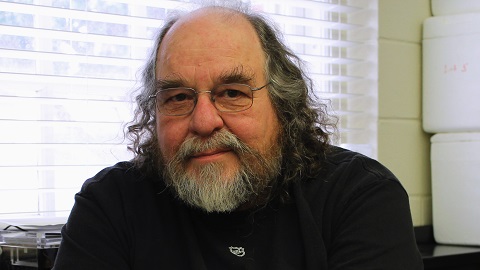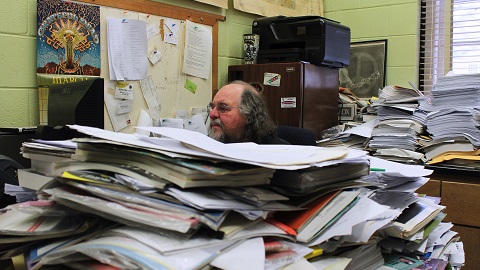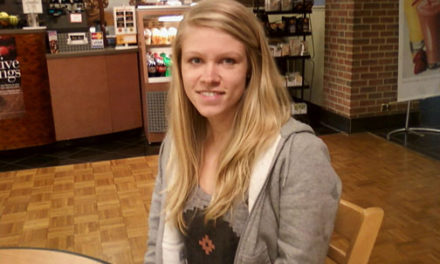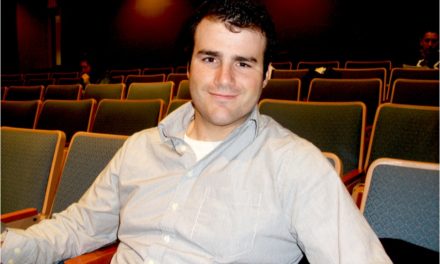By Demetrius Trisvan (Whetstone Staff Writer)
While the muddled cadence of birds can be heard some doors down, Professor Jonathan Kidd sits quietly in the only chair in his office.
From behind his silver-rimmed glasses gleam the eyes of an artist and teacher. Salt and pepper season his Einstein-like hair, while his fingers comb through his long beard like a wise Chinese master.
“I haven’t worn a suit in eight years,†Kidd said.
As one of the longest-serving faculty members at Wesley College, 36 years and counting, he has been a cornerstone of the Biology department’s micro-biology courses.
Stepping into his office is like exploring a life-sized time capsule, or entering an archeological site.
His office reflects structured chaos: atop every flat surface stand statues of books and papers like speakers at a Grateful Dead concert. He attributes this nostalgic look and feel to what he calls a “geological filling†system.
“The oldest stuff is the deepest, and the newest stuff is at the top,†he said.
Posted outside his door are quotes from Hunter Thompson, author of “Fear and Loathing in Las Vegas,†and Jack Kerouac, an iconic Beat writer. They express current problems and social issues. Quotes that make you think.
“You should have seen my door back when Regan was president,†he said.
Kidd said he can remember the times when students had to physically search for information, unlike now, when everything is at the push of a button. The physical learning process is virtually gone, causing a disconnect between people.
“I think people need to actually interact with other people instead of avatars,†he said. “I think that the lack of investment in a search makes it less meaningful. Learning is a journey that people are missing out on these days.â€
When he is not sprucing up his garden, or playing the harmonica in one of his many bands, Kidd said he has never lost sight of why he has been teaching at Wesley all these years.
“The reason I am at a liberal arts college is because it’s a place to make people think, challenge their beliefs,“ he said. “That’s why we are here. To give them a better understanding of what they do know, and teach them something they do not.â€





